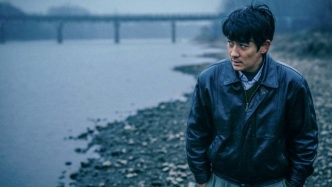
Note: This article contains spoilers
One month apart, Wei Shujun's "Story Collection of Yong'an Town" and "The Mistake by the River" were released one after another. "Stories of Yong'an Town" received four nominations in the recently announced Golden Rooster Award nomination list, which shows the industry's recognition of Wei Shujun's ability. However, "The Story of Yong'an Town" failed at the box office, with a box office of just over 3 million, which is regrettable. "The Mistake by the River" can finally reassure investors. It was adapted from Yu Hua's novel, starred by Zhu Yilong, and was a hit at the Pingyao Film Festival. This literary and artistic film gained a lot of market attention, and the box office on the first day exceeded 50 million. Yuan.

"The Mistake by the River" poster
"The Mistake by the River" is adapted from the novella of the same name published by Yu Hua in 1988. This was the early stage of Yu Hua's creation. The novel had a very distinct avant-garde attribute. It looked like a suspense detective novel, but in fact it was anti-genre, anti-logic, and anti-rational. Because of this, although great directors such as Zhang Yimou once had the idea of adapting the novel to the big screen, they all gave up. It wasn't until 2020 that the film adaptation project came to Wei Shujun, the script was started, and filming started in 2021.
As screenwriter Kang Chunlei said, "The original novel is actually a metaphor for life through handling a case, and the movie should directly cut into life." The script is a great adaptation of Yu Hua's novel, especially the emphasis on genre elements in the first half of the plot. Therefore, when some viewers watch the first half, they may feel that it is a bit like "Memories of Murder" that took place in China in the 1990s.
In a small Jiangnan town in the mid-1990s, an old woman was murdered by the river. Police officer Ma Zhe (played by Zhu Yilong) was responsible for investigating the case. He eliminates the possible suspects one by one, and finally locates the lunatic (played by Kang Chunlei) adopted by the old woman. The case should have ended here, but the existence of some doubts made Ma Zhe plan to get to the bottom of it. At the same time, the madman ran out of the lunatic asylum and continued committing crimes, making Ma Zhe nervous again, and his mental state changed drastically...
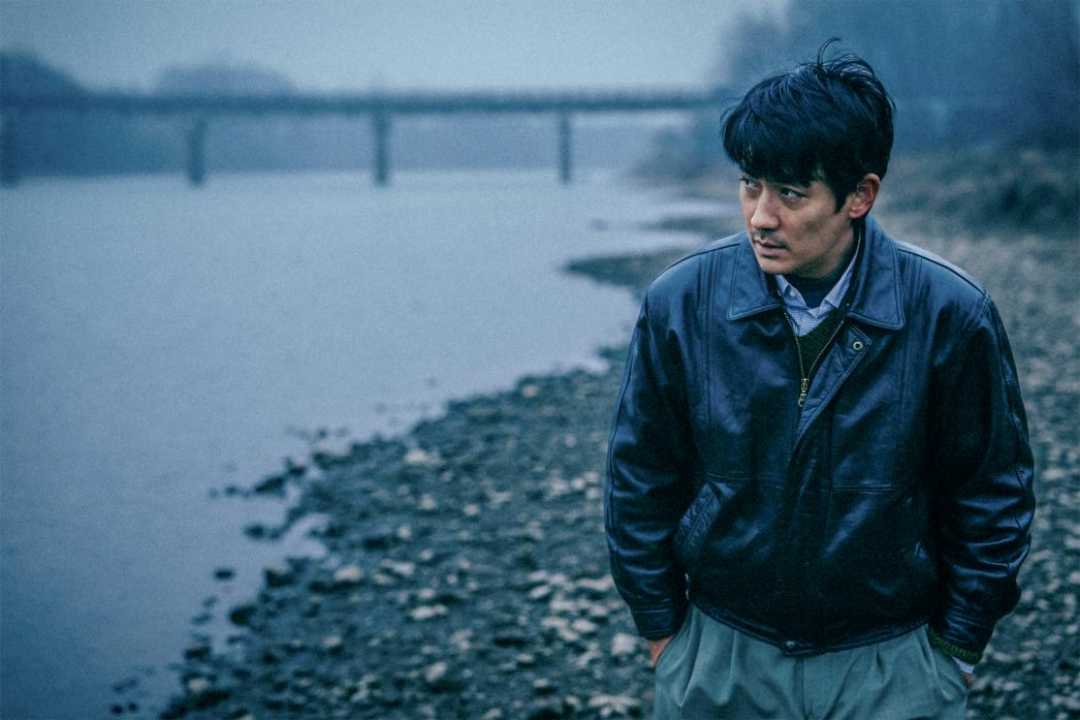
Ma Zhe (played by Zhu Yilong)
Ma Zhe's process of investigating the case, such as his elimination of criminal suspects from several witnesses, followed the logic of a criminal detective drama, and continued to get closer to the truth through technical inspections, personnel interviews, confession tracing and other means. In particular, the process of inferring the owner of the tape through the sound of the train whistle in the tape reflects Ma Zhe's experience and sophistication.
Commercial film audiences have high expectations for the Chinese version of "Memories of Murder" and may be disappointed in the middle and later stages of the film. The middle and later parts of the movie enter the psychological suspense phase, with a large number of subjective stream-of-consciousness scenes and a full literary and artistic tone. It is also in this part that the film continues the thinking about "madness and rationality" in Yu Hua's novels. It can be said that the film adaptation incorporates genre elements and adjusts the larger-scale writing in the novel, but the spiritual core has not fundamentally changed.
The plot in the middle and later stages can be summarized as follows - Ma Zhe went "crazy", and the boundaries between real and virtual images began to blur.
The audience cannot accurately determine whether Ma Zhe went "crazy" at a certain time, or whether there were any precursors - such as whether he received third-class merit in Yunnan. However, after the dream that was full of the director's imagination and creativity, the audience gradually noticed that the boundaries between reality and virtuality in the movie were blurring. The complete 7 bullets in the magazine proved that Ma Zhe had fallen into conscious chaos.
Even if the audience misses all the above hints from the director, through Zhu Yilong's outstanding performance, the audience can intuitively feel that Ma Zhe's soul is gradually drifting away, and his energy and energy are gradually being drained. The movie was shot sequentially. In order to better reflect the changes in the character's mental state, Zhu Yilong first gained 30 pounds, and as the plot progressed, his weight gradually decreased by 20 pounds. Along with this "accurate" weight loss of the body, the determination and certainty in Ma Zhe's eyes gradually diminished, replaced by dullness, hollowness and rigidity.
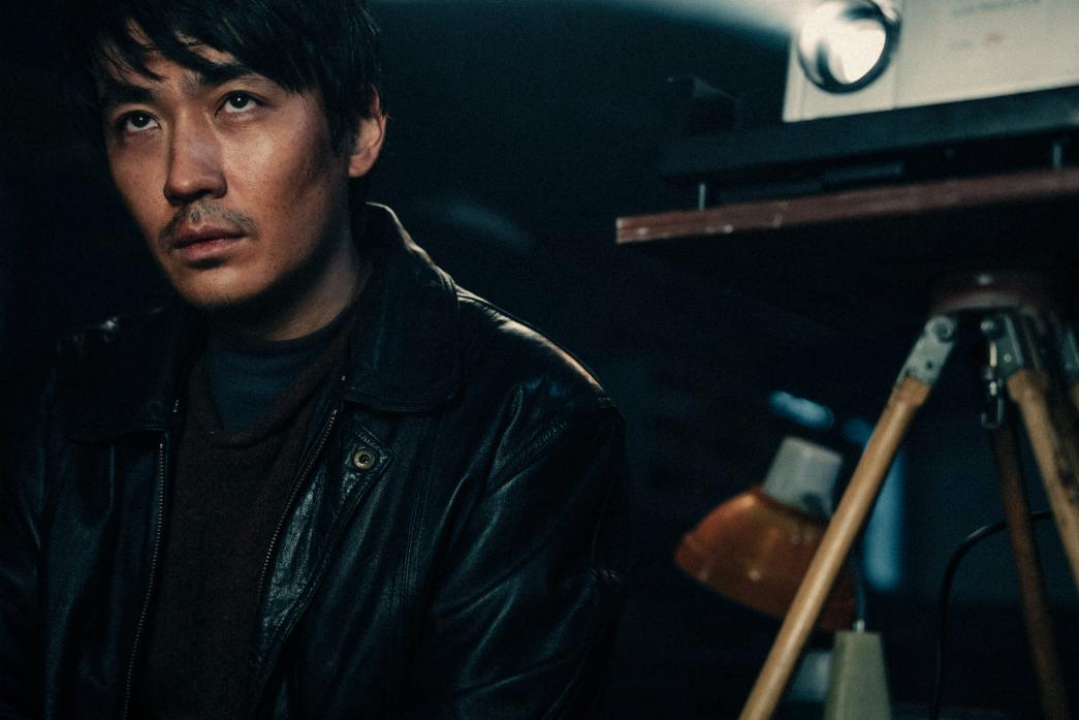
Ma Zhe, who is gradually mentally collapsing
Zhu Yilong's performance very well led the audience to feel the changes in the character. Outside of the movie, we inevitably need to try to analyze the reasons why Ma Zhe went "crazy". In the end, why did Ma Zhe go "crazy"?
High-intensity work pressure is definitely one aspect. Ma Zhe in the movie often stays up late and works overtime, rarely returns home, smokes constantly, and is in a state of high mental stress and exhaustion. The madman fled and continued to commit crimes. The police station faced pressure from superiors, and Ma Zhe suffered even greater anxiety. Tight strings are often extremely fragile and may aggravate the occurrence of mental crises.
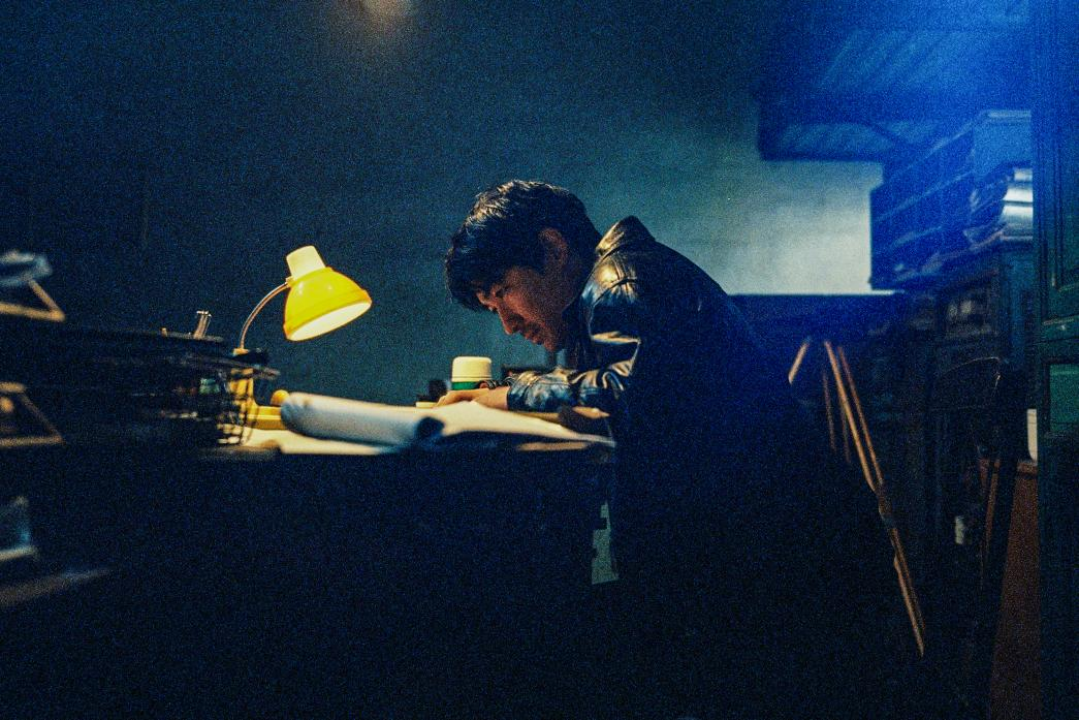
Ma Zhe spent so much time investigating the case that he forgot to eat and sleep
What is even more fatal is the collapse of rationality. As the main force in solving crimes in the bureau, Ma Zhe is experienced and conscientious in his work. He is deeply obsessed with every doubt in the case. Naturally, what he advocates and practices is rigorous reasoning based on logic. He even has an unconscious optimism about the truth. He believes that solving cases and breaking through every doubt is responsible and will inevitably bring "good" results.
But the case by the river challenged the rationality that Ma Zhe believed in. He went through a lot of troubles to find the escaped witnesses from the tape, a female accountant and her beloved poet, but both of them ruled out the suspicion, and all efforts were in vain.
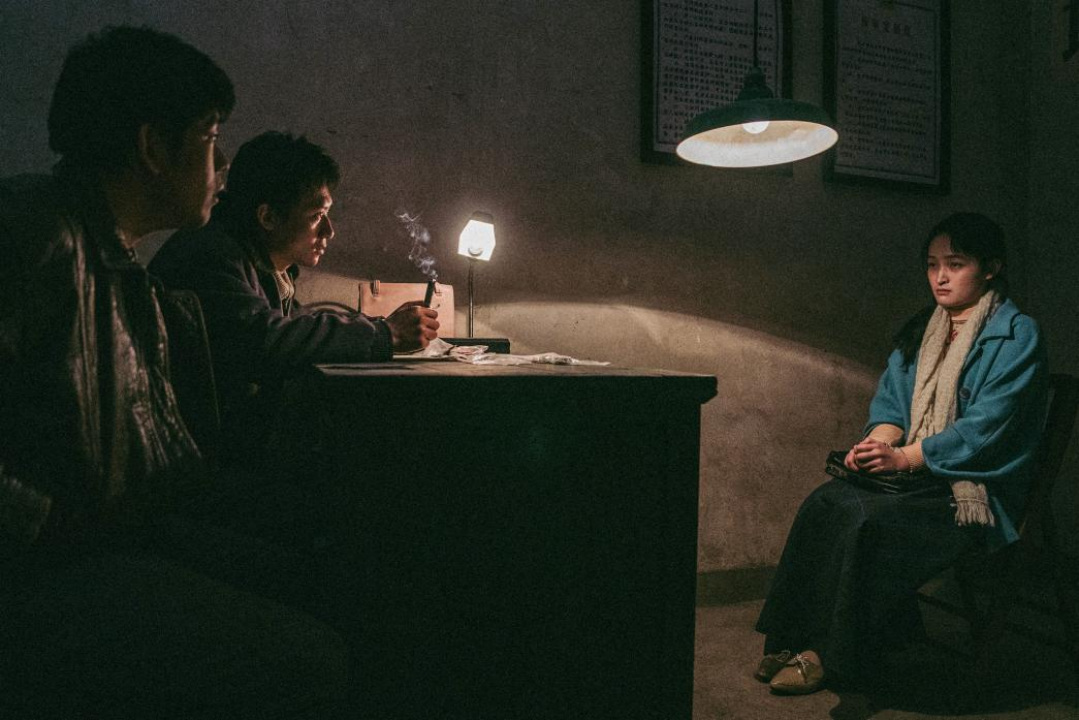
Police look for witnesses
Then from the poet's mouth, he learned that he saw a female textile factory worker with a wavy haircut by the river, but at that time, the only person who walked out of the textile factory was a male barber named Xu Liang. Who is this woman with the wavy hair? Before he could find a clue, the poet died by the river. Ma Zhe's sense of powerlessness has gradually become apparent at this time - if the poet's secret had not been discovered by him, would he not have died?
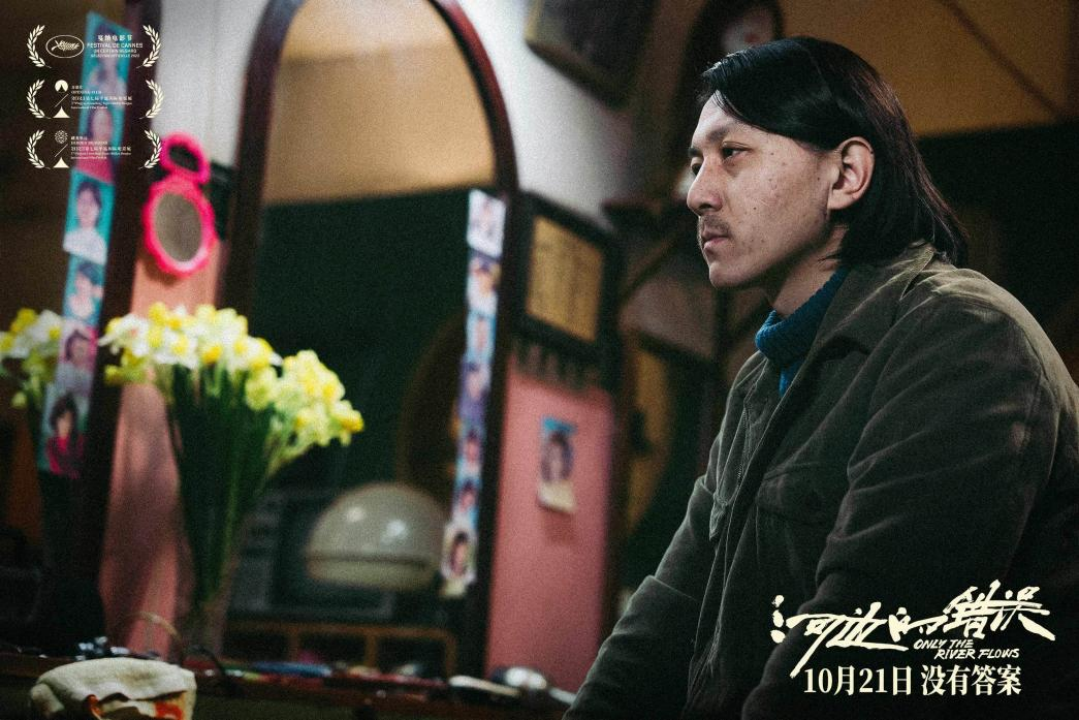
Xu Liang (played by Wang Jianyu) is an "alien" in that era
When there is nothing to do, the madman suddenly appears with a murder weapon in his hand, covered in blood, and the case is solved. Ma Zhe, who was obsessed with every doubt, still wanted to find out who the woman with the wavy hair was, so he found the hairdresser Xu Liang again.
Xu Liang attempted suicide, but Ma Zhe's decisive signature in the hospital saved Xu Liang's life. Ma Zhe's persistence allowed him to finally uncover the true identity of the woman with the wavy hair. It turned out that transvestism was a secret that Xu Liang was determined to keep.
The case seemed to be truly over at this point, but Ma Zhe had no time to breathe a sigh of relief. He and his wife (played by Zeng Meihuizi) were originally looking forward to the arrival of their child, but the doctor told them that the child had a 10% chance of suffering from a genetic disease. The couple had a dispute over whether to keep the child. Misfortunes never come singly, and murder cases start to stir up again. A lunatic escapes from the lunatic asylum and kills again. The police search fails, and his superiors put pressure on him. Ma Zhe has reached the point where he is overwhelmed. Otherwise, he would not have resigned at the critical moment because he was so obsessed with work.

Ma Zhe and his wife (played by Zeng Meihuizi)
Xu Liang, who was discharged from the hospital, came to the office to send a banner of thanks to Ma Zhe. The conversation between the two was full of optimism. This moment also saved Ma Zhe - as if his work was meaningful, Ma Zhe finally had a long-seen look on his face. smile. As soon as I walked out of the office, the most terrifying moment happened (this really shocked many viewers). This was probably the last straw, and Ma Zhe's inner order was completely shattered.
If the opposite of rationality is just "irrationality", then the coordinate system of rationality is still constant, and irrationality still reflects the function of rationality. But if the opposite of rationality is accident (the poet's accidental intrusion), it is madness that is completely irrational and logical (the madman's killing), and it is a "minority" that is not understood by the outside world and cannot empathize with it (Xu Liang) It is a slim probability (most children are healthy, but Ma Zhe's unborn child may suffer from genetic diseases), it is an elusive fate, Ma Zhe discovered: rationality at certain moments Futility, powerlessness and futility. The accumulation of various reasons promotes an idealistic person to go crazy.
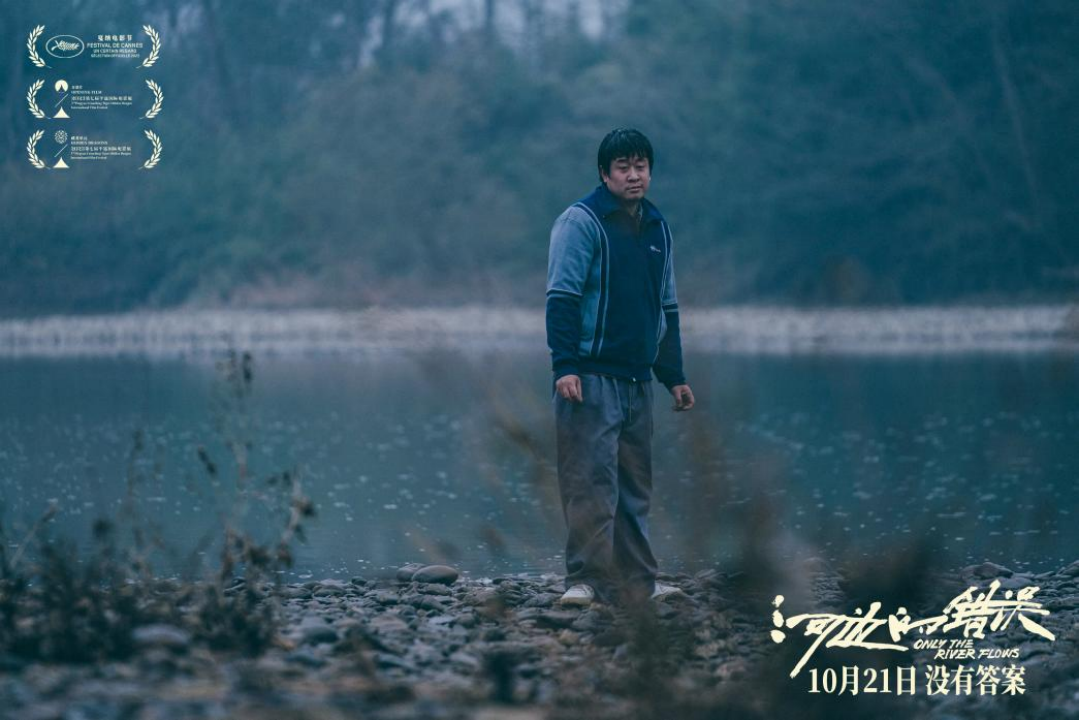
Screenwriter Kang Chunlei plays the madman in the movie
People do not doubt the value of rationality, but the myth of rationality has long dominated the mainstream concept of society. People place too much emphasis on rational rigor, seriousness and concentration. For example, Ma Zhe arranges the rhythm of life in an orderly manner such as when to get married and when his wife will get pregnant. He does not leave much space for those sentimental moments and lacks the response and psychology to out-of-control madness. Be prepared; the power of rational definition is also in the hands of the vast majority of people. The mainstream of society defines what is "normal" and what is "abnormal". For example, it is difficult to imagine how much a transvestite would have to face in the 1990s. The pressure of public opinion...
Things must go to extremes, and when rationality goes to extremes, rationality seems to be maintaining normality, but it suppresses the minority and promotes madness, such as Xu Liang's final self-destruction; rationality seems to be able to control all the certainties in life, but the existence of uncertainty destroys it. After losing his faith, Ma Zhe fell into this situation.
The dialectic of madness and rationality in the movie is inevitably reminiscent of the "crazy literature" often seen on social networks today. The existence of "crazy literature" is not a subversion of rationality, but just letting go of the superstition of absolute rationality; it is not a denial of the mainstream, but it allows the existence of "non-mainstream" and "alien"; it does not encourage the spread of hostility, but it allows Emotional release and catharsis... "Madness" has always been a part of the world. Faced with the suppression of rationality, this generation of young people strives to find a self-consistent way of survival.
It can be seen from the interview that the creators of "The Mistake by the River" have a clear understanding of the boundaries of censorship. They automatically avoided some content in the novel text during the script stage and were unable to make too many explicit connections with the times. Although Wei Shujun has always left many images in the film that can be over-interpreted, it should also be admitted that the specific era reference of "The Mistake by the River" is weak, and much of its profoundness relies on the imagination of the audience of literary and artistic films. Various associations (almost a secondary creation of the movie) make the interpretation more exciting than the movie itself.
In any case, the dialectical thinking between madness and rationality in the movie is not outdated. The combination of genre elements and psychological suspense is a good attempt. The excellent film shooting and atmosphere creation make the movie very artistic, and the complex images have broad room for interpretation. If only "The Mistake on the River" had found its target audience.


